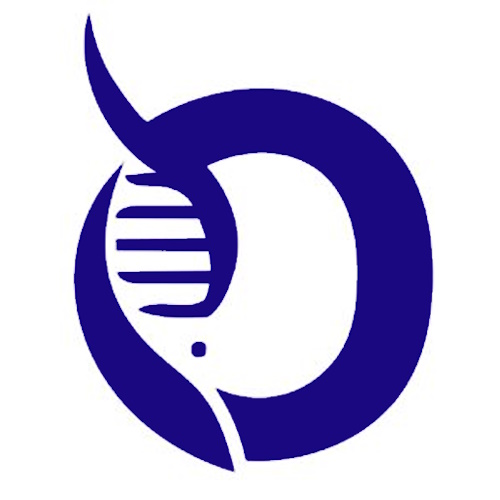Key points from article :
Ora Biomedical, a company spun out of geroscientist Matt Kaeberlein’s lab at the University of Washington, is on a mission to find a “better rapamycin” – an mTOR inhibitor that surpasses rapamycin’s lifespan-extending effects. Rapamycin, discovered by chance on Easter Island, is currently the gold standard in ageing research, known for its ability to extend lifespan in multiple animal models. However, the discovery was serendipitous, and experts believe there may be even more effective mTOR inhibitors yet to be found.
Ora Biomedical’s innovative approach uses a robotic system called WormBot to screen vast numbers of compounds in short-lived worms, enabling high-throughput testing that would take decades in more complex organisms. With a recent collaboration involving Krister Kauppi’s Rapamycin Longevity Lab, Ora has already found one promising mTOR inhibitor, omepalisib, which outperformed rapamycin in preliminary tests. This compound is FDA-approved for certain cancers, offering a potentially faster path to clinical use as a geroprotective drug.
CEO Mitchell Lee and Kaeberlein both emphasize that Ora’s work could uncover many new lifespan-extending compounds by expanding the search to hundreds of mTOR inhibitors, a task largely ignored by traditional research funding. This “fishing expedition” approach, as Lee describes it, is now fueled by crowdfunding, allowing the public to participate in groundbreaking longevity science while supporting a broader exploration of promising anti-ageing therapies.








